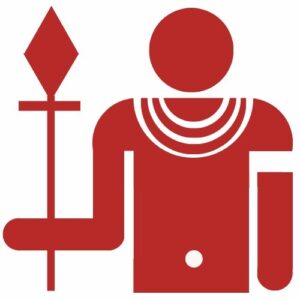Bolt, the on-demand ride service dispatching, shared vehicles and motorbikes, and restaurant and grocery delivery firm with the same name app, has received €628 million ($709 million at recent prices) at a valuation of €7.4 billion ($8.4 billion).
It plans to use the funds to expand into new regions and attract more users and partners to its great app platform and new business lines, such as Bolt Market, a 15-minute grocery home delivery service that will open “dark stores” in more towns to expand its services beyond the ten cities where it is currently active.
Sequoia Capital, Fidelity Management, and Research Company LLC led the round, which included Whale Rock, Owl Rock (a division of Blue Owl), D1, G Squared, Tekne, Ghisallo, and other unknown backers.
Bolt was founded eight years ago as Taxify in Tallinn, Estonia, with the goal of bringing ride-hailing to developing markets and countries where others, such as Uber, had yet to establish a strong significant presence, a strategy that has allowed the company to steadily grow across geographic areas such as Central and Eastern Europe and Africa, attracting new investment from companies such as China’s Didi, which had built a large business in its own developing markets. Didi discreetly sold its stake in Bolt last year.
Over time, the focus has remained on Europe and Africa, but Bolt recognized that many of the lessons learned from those early launches could be applied just as well and profitably in more industrialized countries.
All of Bolt’s business segments are expanding, according to Markus Villig, the company’s founder and CEO. According to Villig, even its most established business, ride-hailing, is increasing by double digits, while the newer, smaller firms are rising even faster.
He went on to suggest that a current trend from last year is that owned autos are a bad idea, and that people are increasingly preferring to use public transportation.
Bolt is trying to extend its services by partnering with more city governments as part of its revamped transportation planning process.
The revelation caps off a successful few months for the business, which got €600 million in a Series E led by Sequoia and valued at over €4 billion only four months ago.
Over 100 million people across 45 countries and 400+ cities worldwide use Bolt’s services. As of August, when the most recent round was announced, the company had 75 million users.
Bolt’s rise is also notable in light of the difficulties that some of its competitors have faced in the aftermath of the Covid epidemic: The epidemic has had a significant negative impact on people’s willingness to travel in a vehicle where they must sit in a confined space with another person, the driver.
A Sequoia partner, Andrew Reed, expressed his excitement at the idea of strengthening their relationship with Markus and Bolt to further their goal of making urban transit more affordable, sustainable, and safe.
Sequoia believes in the global potential for technology and entrepreneurship, and has been encouraged by Bolt’s rise from Tallinn, Estonia, to over 400 locations and 100 million customers across Europe and Africa.
Sequoia is excited to work with Bolt to help them expand their footprint, product range, and improve the long-term standard of life in cities.
In the meantime, Bolt’s differentiation strategy, which includes scooters, couriers, and now food delivery services in addition to cars, is part of its scaling strategic plan.
According to Villig, combining all of the options and cross-promotions into a single app allows Bolt to not only attract new customers and cross-sell to them, but it also does it with virtually minimal marketing costs.
Two qualities that set Bolt apart and are working in our favor, he said, are the advantages and shared expenses between various verticals. Bolt’s opponents, according to Villig, are mostly focused on one element in each app.


